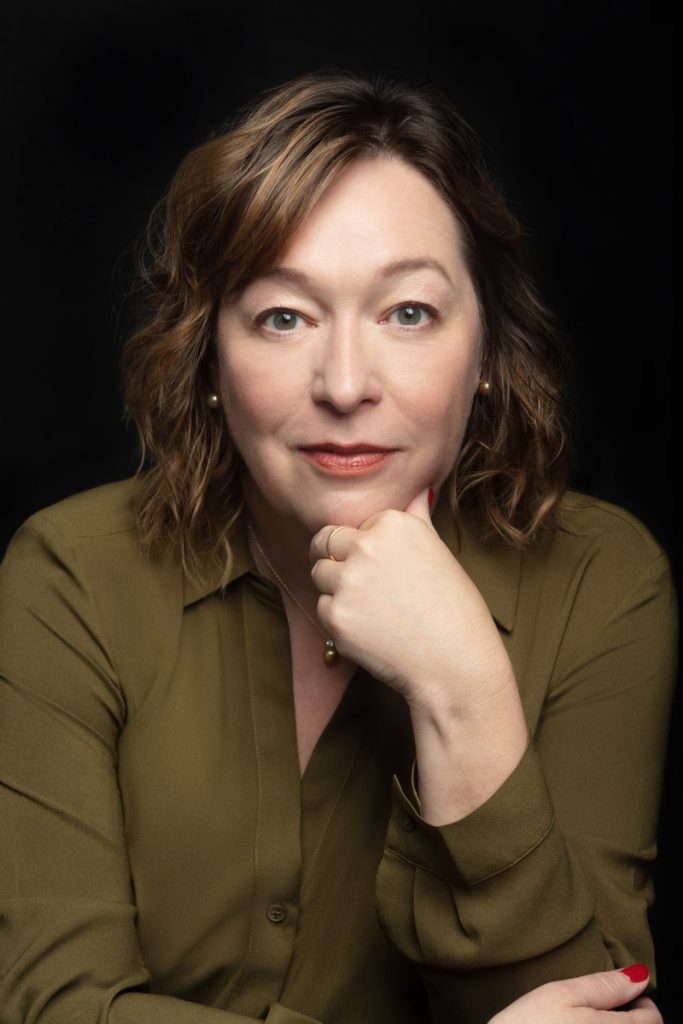
Kaitlyn Finchler
Staff writer
In a household with few books, poet-in-residence Jennifer Grotz didn’t read much other than the Bible when she was young. Now, as an award-winning poet and translator, she leaves no book left behind.
Grotz, a professor of English at the University of Rochester, will deliver her Brown Bag lecture for the Chautauqua Writers’ Center at 12:15 p.m. today on the porch of the Literary Arts Center at Alumni Hall.
“I’ve always loved poetry,” she said. “I like the way it combines music and imagery — and it’s not just about storytelling — it’s about the language itself.”
Her most recent book, Still Falling, is filled with elegies, and Grotz said she often finds herself using poetry as a way of having conversations with the dead.
“The talk is called ‘The Literal and the Figurative,’ ” she said. “It’s about this recurring subject of (language) in poetry. It’s in everything we say about what things are literal and what things are literally true.”
For instance, Grotz said to “see literally,” is to have a “vision.” On the other hand, telling someone, “I see what you mean,” is a figurative formulation.
“That’s one of the magical tools that poets work with, toggling back and forth between the literal and the figurative,” she said.
As a fan of “intensity” in poetry, most of Grotz’s work is based on different art pieces that inspire her. Specifically, she said she explores ekphrastic poetry.
“There’s a long tradition of (ekphrastic poems),” she said. “They’re one way that poets learn their craft by practicing looking at a painting and what a work of art can do in a different medium.”
She has a memory of a dark college auditorium in her art history class, looking at “projected slides of paintings that were painstakingly described and elaborated upon by the professor,” she told McSweeney’s.
“It was marvelous to me that looking and description were slowed down and how much meaning and beauty language seemed to grant me access to,” she said.




